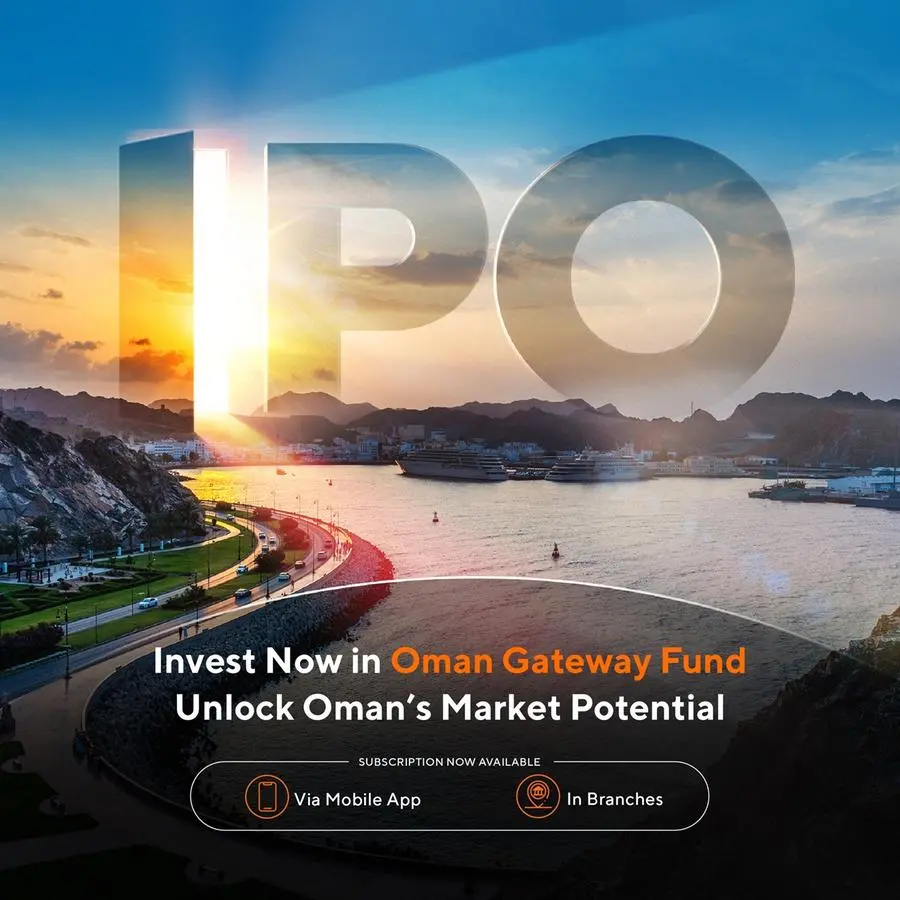Christopher Evans, director at Collinson Group, parent company of ICLP and Priority Pass
UAE - During the second half of 2015, Collinson Group collaborated with Future Agenda, the open Foresight programme, to run 12 workshops in 8 countries involving 110 industry leaders and loyalty experts to debate what the future of loyalty holds. In our work with Future Agenda we specifically questioned the role that big data would have on the future of customer loyalty. Below are some key insights we gleaned.
The fervour for big data analytics sweeping through retail bank boardrooms at a global scale is intensifying as corporate strategy prioritises a shift towards true real-time intelligence. This is a marked departure from the 'batch and queue' approaches mandated by old legacy IT systems, and will accelerate over the next ten years.
The ability for financial organisations to make the most of data, monitoring and tweaking performance as they go will have a major impact on all areas of business, from the supply chain to marketing. However, the big retail banking institutions sit comfortably behind the fintech start-up challengers whose business models are founded in the cloud, and whose customers are willing to place their trust in this new approach.
Real-time data has a big role to play in engaging with consumers, as it enables organisations to understand their customers' behaviours and attitudes towards their services, and by extension positively influence customer loyalty. High street banks are starting to recognise the need to get better at segmenting consumers into more narrowly-defined groups, and real-time data and the contextual relevance of engagement have vital roles to play here.
We will see an increasing number of financial brands promote their ability to penetrate social groups to provide products and services that meet the demand of these newly identified communities, mining large swathes of customer data in order to do so. In marketing terms, this is being referred to as identifying the 'composite customer', whereby brands cater to their customers based on shared interests and their involvement in groups and communities. This moves away from the traditional approach that segments customers by income, age and gender demographics that are becoming less and less effective.
Emirates NBD in the UAE is following the same approach in financial services. The bank launched its social media programme in 2012, establishing its presence on Facebook and Twitter. By 2013, Emirates NBD reported a following of more than 122,000 fans. NBD currently has more than 500,000 likes on its official Facebook page, making it one of the largest followed banks on Facebook in the UAE.
The bank has more than 65,000 followers on Twitter. Emirates NBD's official Twitter account keeps followers updated with bilingual tweets about information relevant to the bank and its customers. In 2015, the bank announced a new service that will allow customers to tweet the bank for enquiries about their current or savings account and credit cards. Users can also request to view their e-statements.
Its other Twitter account is used to announce special offers and discounts on food and travel it offers customers in alliance with its partners. Emirates NBD also has an Instagram platform that it uses to host and promote competitions. The bank also uses social media as one of the main platforms to interact with customers and resolve complaints.
With more than 150,000 fans on their page, RAKBANK, another UAE-based financial institution attracts and rewards customers by offering them exclusive product-based promotions on its Facebook page.
Companies are slowly unearthing deeper insight which they can then deploy on their social media channels. In financial services, companies are making sure that their customers can login and use them securely, so that they become more effective customer service channels, while also a tool to track satisfaction levels. Several banks, such as South Africa's First National Bank, and India's ICICI Bank have developed applications where they can reach out to customers on the online platforms their customers choose to use.
For financial services companies and credit card providers the process should be relatively straightforward and manageable, given the transactional information to which they have access. However, translating this into a relevant and personal experience for consumers in order to drive emotional engagement will remain the challenge.
Insights gained from interactions through social media channels will help to improve brands' understanding of customer behaviour, which ultimately should result in fewer consumers switching their bank providers. If shared experiences are what matter most to the customers of the future, brands will need to understand not only the individual customer, but the interests of their nearest and dearest too.
Final thoughts
Consumers will be members of different communities using a variety of digital personas. Building a picture of this composite customer is only possible with strong data analytics capabilities. Improving customer segmentation through more timely and robust data analytics will require significant investment in the short-term, but it will pay dividends in the not too distant future.
The financial services brands that are able to crunch this data at an individual level stand to gain considerably as cross-selling products and valuable additions will boost their revenues. Mining the data and comprehensive analysis of these online behaviours will add relevance to loyalty initiatives and help banks retain their profitable customers--especially important as retention marketing costs half as much as acquiring new customers.
-Ends-
About Collinson Group
Collinson Group (www.collinsongroup.com) is a global leader in influencing customer behaviour to drive revenue and value for clients.
The Group offers a unique blend of industry and sector specialists who together provide market-leading experience in delivering products and services across four core capabilities: Loyalty, Lifestyle Benefits, Insurance and Assistance.
The group provides unrivalled insight and expertise around affluent consumers and frequent travellers, creating and delivering products and services that increase engagement, loyalty and value for customers.
We have 25 years' experience, with 28 global locations, servicing over 800 clients in 170 countries, employing 1,500 staff, and managing over 20 million end customers. Our clients include: MasterCard, VISA, Diners, Cathay Pacific, British Airways, Air France KLM and InterContinental Hotels Group.
Collinson Group comprises leading brands including: Priority Pass, Columbus Direct, ICLP, and Collinson Latitude.
For further information, please contact:
Alisa D'souza
Public Relations Director
Blue Apple Mediacom FZ LLC
2008, Aurora Tower
Dubai Media City
Dubai, UAE
Mob: +97150 7858298
Tel : +9714 4390161
alisa@blueappleco.com
Communication|Engagement|Experience
© Press Release 2016



















